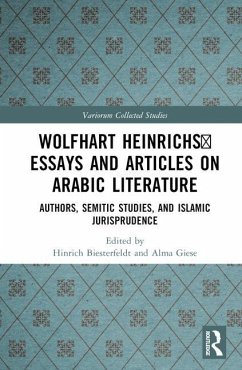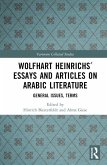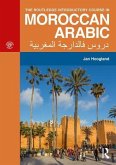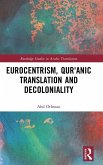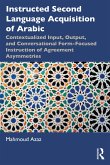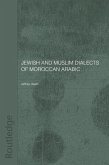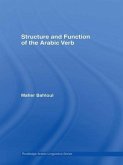Wolfhart Heinrichs' Essays and Articles on Arabic Literature: Authors, Semitic Studies, and Islamic Jurisprudence is the second of two volumes that showcase a great number of Heinrichs' writings on Arabic literature, Semitic Studies, and Islamic jurisprudence.
Wolfhart Heinrichs (1941-2014) was James Richard Jewett Professor of Arabic at Harvard University. He is remembered as a significant adviser to Fuat Sezgin s fundamental Geschichte des arabischen Schrifttums; as an editor of and contributor to the Encyclopaedia of Islam, Second edition; and, most importantly, as an author of many independent studies on Arabic literature, many of which were groundbreaking in the history of Arabic philology. He is also known for his studies on Semitic linguistics and Islamic jurisprudence.
This volume collects relevant bibliographical data, offers an introductory essay on the author by his distinguished student Michael Cooperson (UCLA), and presents reprints of his articles and essays. These include the remainder of Heinrichs contributions to Arabic literature, dealing with a number of classical Arabic authors, Semitic studies in general (among them Aramaic and Neo-Aramaic), and Rhetoric as used in Islamic jurisprudence and in the game of scholarly debate (jadal). An index of classical authors, book titles, and technical terms concludes the volume.
This volume and its companion will appeal to students and researchers in the fields of Arabic literature, Semitic Studies, and Islamic jurisprudence.
Wolfhart Heinrichs (1941-2014) was James Richard Jewett Professor of Arabic at Harvard University. He is remembered as a significant adviser to Fuat Sezgin s fundamental Geschichte des arabischen Schrifttums; as an editor of and contributor to the Encyclopaedia of Islam, Second edition; and, most importantly, as an author of many independent studies on Arabic literature, many of which were groundbreaking in the history of Arabic philology. He is also known for his studies on Semitic linguistics and Islamic jurisprudence.
This volume collects relevant bibliographical data, offers an introductory essay on the author by his distinguished student Michael Cooperson (UCLA), and presents reprints of his articles and essays. These include the remainder of Heinrichs contributions to Arabic literature, dealing with a number of classical Arabic authors, Semitic studies in general (among them Aramaic and Neo-Aramaic), and Rhetoric as used in Islamic jurisprudence and in the game of scholarly debate (jadal). An index of classical authors, book titles, and technical terms concludes the volume.
This volume and its companion will appeal to students and researchers in the fields of Arabic literature, Semitic Studies, and Islamic jurisprudence.
"Like dear members of a dispersed tribe gathered again; like precious stray camels rounded up; like scattered lustrous pearls strung at last: here, in this treasure trove, are brought together many matchless studies, the opera minora of a major scholar, Wolfhart Heinrichs, whose learning is as deep as it is wide, ranging from Arabic poetics, poetry, and poets to Muslim jurisprudence and Semitic linguistics."
Geert Jan, retired Laudian Professor of Arabic, Oxford University.
"With these seminal and incisive articles, Wolfhart Heinrichs played a major role in the late twentieth century renaissance in the study of classical Arabic poetry and poetics. They showcase his mastery of the Arabic literary critical tradition, his command of the rhetoric and architectonics of the qasida, and his keen sense of aesthetics. Heinrichs reminds us that Arabic poetry and poetics did not exist in an intellectual vacuum but were coterminous and contiguous with trends and development in disciplines such as law and theology."
James E. Montgomery, Sir Thomas Adams´s Professor of Arabic, Cambridge University.
Geert Jan, retired Laudian Professor of Arabic, Oxford University.
"With these seminal and incisive articles, Wolfhart Heinrichs played a major role in the late twentieth century renaissance in the study of classical Arabic poetry and poetics. They showcase his mastery of the Arabic literary critical tradition, his command of the rhetoric and architectonics of the qasida, and his keen sense of aesthetics. Heinrichs reminds us that Arabic poetry and poetics did not exist in an intellectual vacuum but were coterminous and contiguous with trends and development in disciplines such as law and theology."
James E. Montgomery, Sir Thomas Adams´s Professor of Arabic, Cambridge University.

